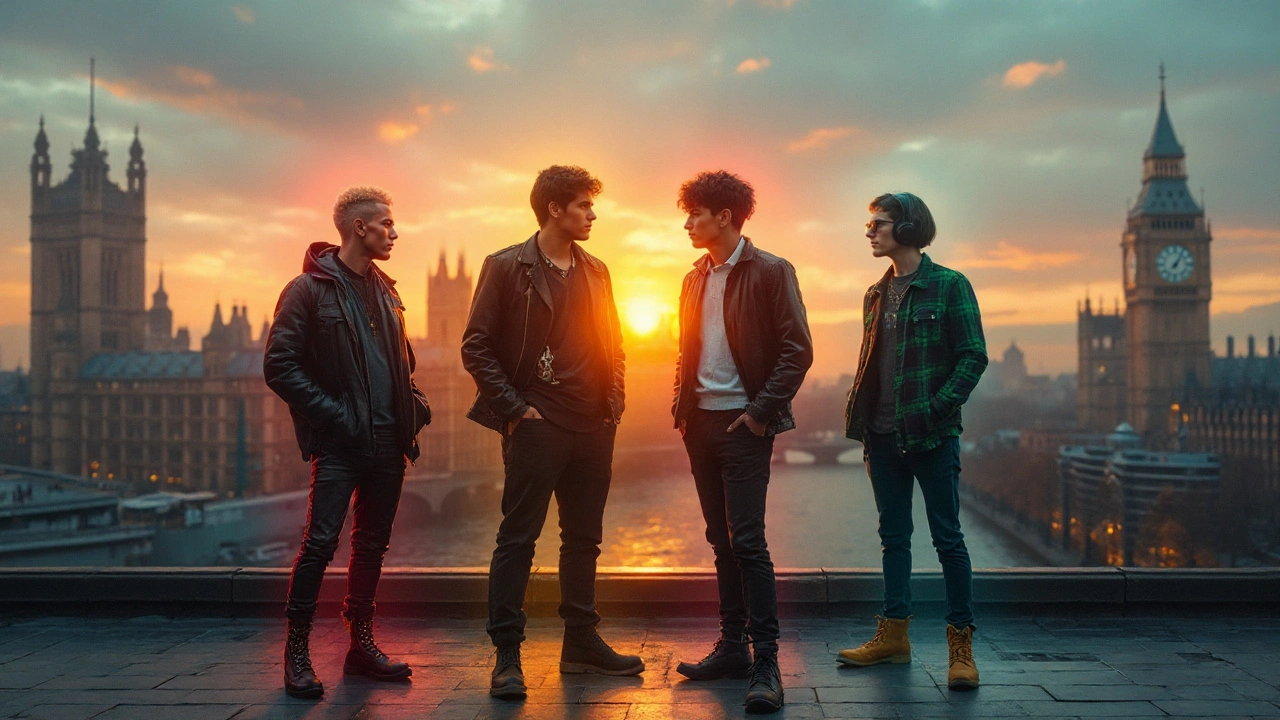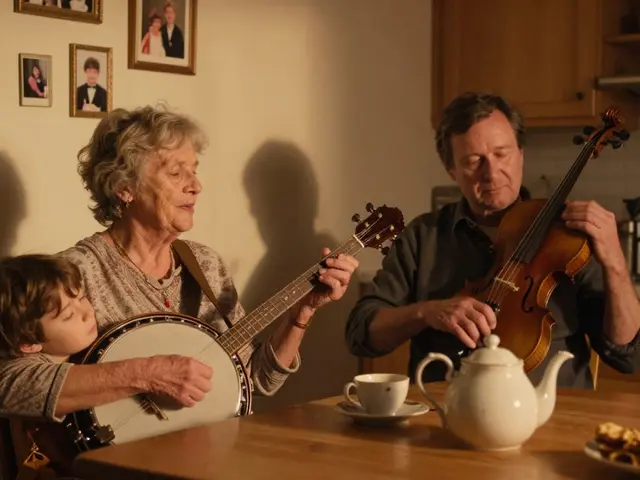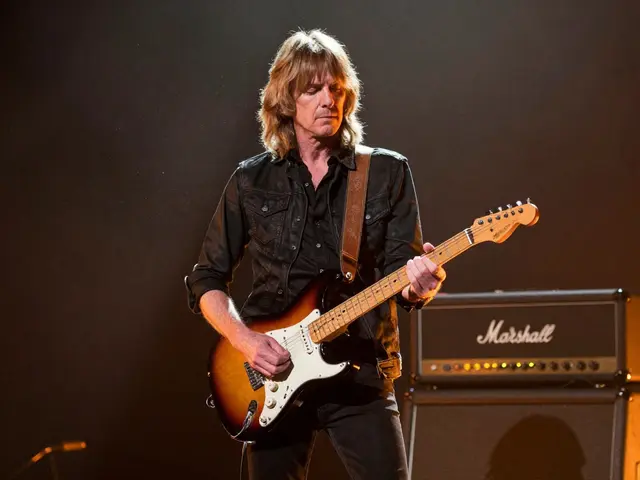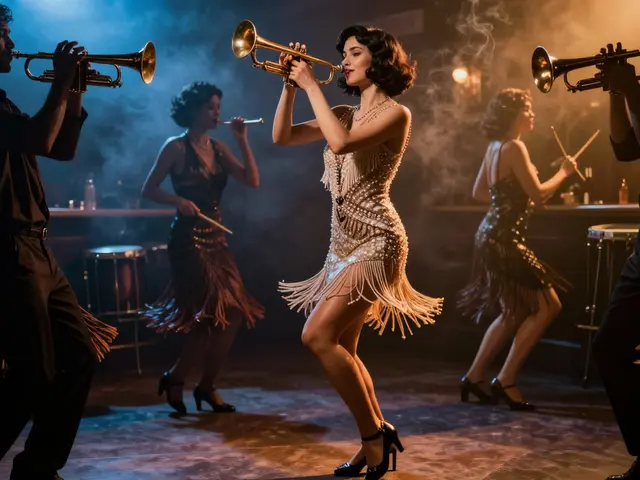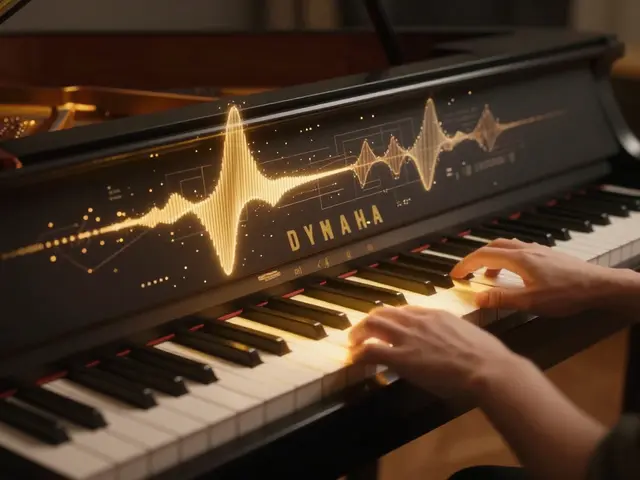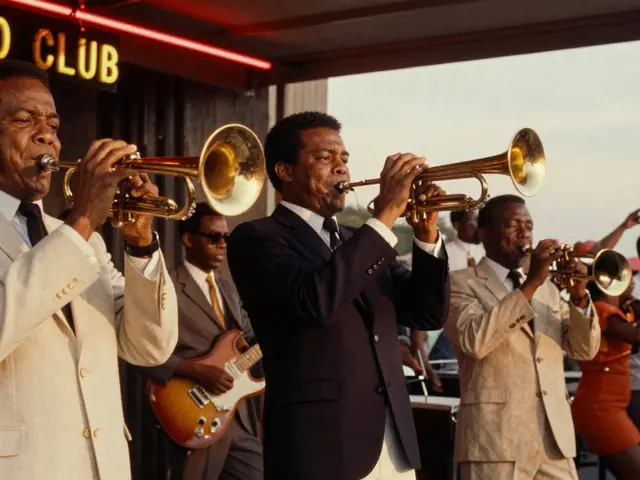Music Genre Identity Quiz
Answer a few questions to discover which music genre best reflects your personal identity.
Music Genres are categories of sound that share distinctive rhythms, instrumentation, and cultural roots. They act as social signals, helping listeners express and discover their identity-the way we see ourselves and are seen by others.
Why Music Becomes a Mirror of Self
When you press play, you’re not just hearing notes; you’re tapping into a network of meanings built over decades. Psychologists link musical preference to the Social Identity Theory, which says people define themselves through group memberships. A fan of Hip Hop often identifies with its urban roots, lyrical focus on resistance, and fashion cues, while a lover of Classical Music may signal refinement, historical appreciation, or academic ambition.
Key Elements That Connect Genres to Identity
- Lyrics and Themes: Words reflect values (e.g., empowerment in rap, introspection in folk).
- Soundscape: Tempo, instrumentation, and production style evoke moods that match personality traits.
- Cultural Origin: Knowing a genre’s birthplace ties listeners to a broader heritage.
- Social Spaces: Concert venues, festivals, and online communities reinforce belonging.
Genre Spotlight: How Four Styles Shape Different Identities
| Genre | Typical Tempo (BPM) | Core Themes | Typical Audience Age | Cultural Origin |
|---|---|---|---|---|
| Hip Hop | 80‑110 | Resistance, street life, self‑empowerment | 15‑30 | 1970s Bronx, USA |
| Classical | 60‑140 | Emotion, narrative, intellectual depth | 25‑50 | Western Europe, 1600‑1900 |
| EDM | 120‑150 | Escapism, euphoria, communal energy | 18‑35 | 1990s Europe/USA |
| Country | 70‑100 | Storytelling, nostalgia, rural life | 20‑45 | 1920s Southern USA |
Social Identity in Action: Real‑World Examples
Consider Maya, a 22‑year‑old college student who grew up listening to EDM. She describes herself as “always chasing the next high.” The genre’s emphasis on collective peaks at festivals aligns with her desire for communal experiences, influencing her career choice in event production.
Meanwhile, Carlos, 38, works as a software engineer and spends evenings with a Jazz vinyl collection. Jazz’s improvisational nature mirrors his problem‑solving style, reinforcing a self‑image of creativity and independence.
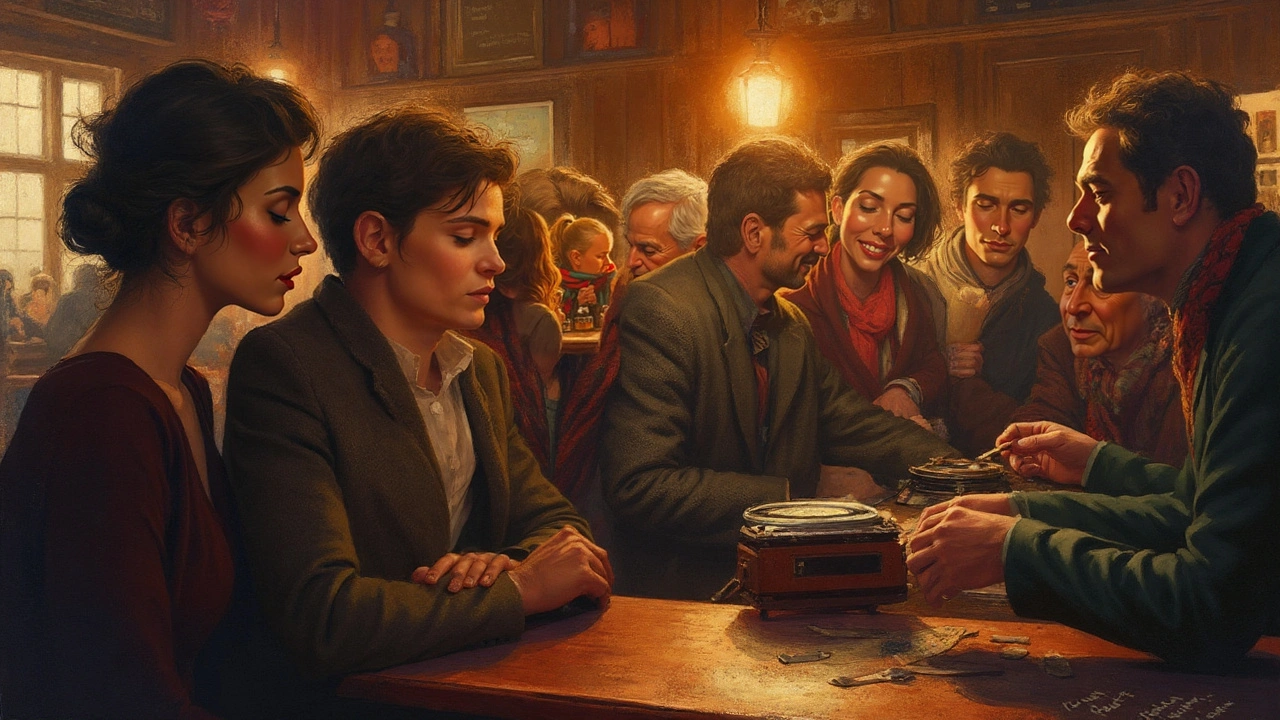
Psychological Mechanisms Behind the Bond
Scientists point to three main mechanisms:
- Emotional Resonance: Music triggers the brain’s reward centers, forging strong memories linked to personal milestones.
- Self‑Categorization: Listening to a genre groups you with like‑minded fans, creating an “us vs. them” dynamic.
- Cultural Capital: Knowledge of a niche genre (e.g., Reggae) can signal sophistication or authenticity within certain circles.
How to Use This Knowledge
Understanding how genres shape identity can help you in several ways:
- Personal Growth: Curate playlists that challenge your comfort zone, expanding self‑perception.
- Marketing: Brands can align campaigns with genre‑specific values to attract target demographics.
- Social Connections: Join genre‑focused communities (online forums, local jams) to meet people who share your worldview.
Related Concepts Worth Exploring
Beyond the direct link between music genres and identity, several adjacent ideas deepen the conversation:
- Cultural Capital: How knowledge of niche music can boost social status.
- Self‑Concept: The broader view of who you think you are, shaped by many influences including music.
- Music Preference Theory: Models that explain why we gravitate toward certain sounds.
- Youth Subculture: How teens use genre to rebel or conform.
- Cognitive Association: The mental links between songs and memories.
Future Trends: Genres and Identity in a Digital Age
Streaming algorithms now personalize recommendations, reinforcing existing tastes. Yet AI‑generated “genre‑blends” (e.g., lo‑fi hip‑hop) offer new identity pathways. As virtual reality concerts become mainstream, the sensory experience will further merge music with personal expression.
Frequently Asked Questions
Can my musical taste change my personality?
Music influences mood and behavior, but it doesn’t rewrite core personality traits. Repeated exposure can enhance certain habits-like the confidence boost from empowering lyrics-so your taste can subtly shape how you act.
Why do people feel judged for liking a particular genre?
Genres carry cultural stereotypes. When a group labeled as “Metal fans" is seen as aggressive, outsiders may project those traits onto individuals, creating social pressure.
How can I use my music preferences to build a personal brand?
Choose a genre that aligns with the values you want to project. Curate social media playlists, reference genre‑specific jargon, and partner with artists or events that reinforce that image.
Is there scientific evidence linking genre to political beliefs?
Studies from the University of Michigan (2022) show a correlation: listeners of protest‑oriented Hip Hop or folk tend to lean liberal, while fans of patriotic country music often identify conservative. Correlation does not equal causation, but the link is robust.
What role do playlists play in shaping identity?
Playlists act as curated narratives. By repeatedly listening to a set of songs, you reinforce specific moods and values, making the playlist an extension of your self‑portrait.

